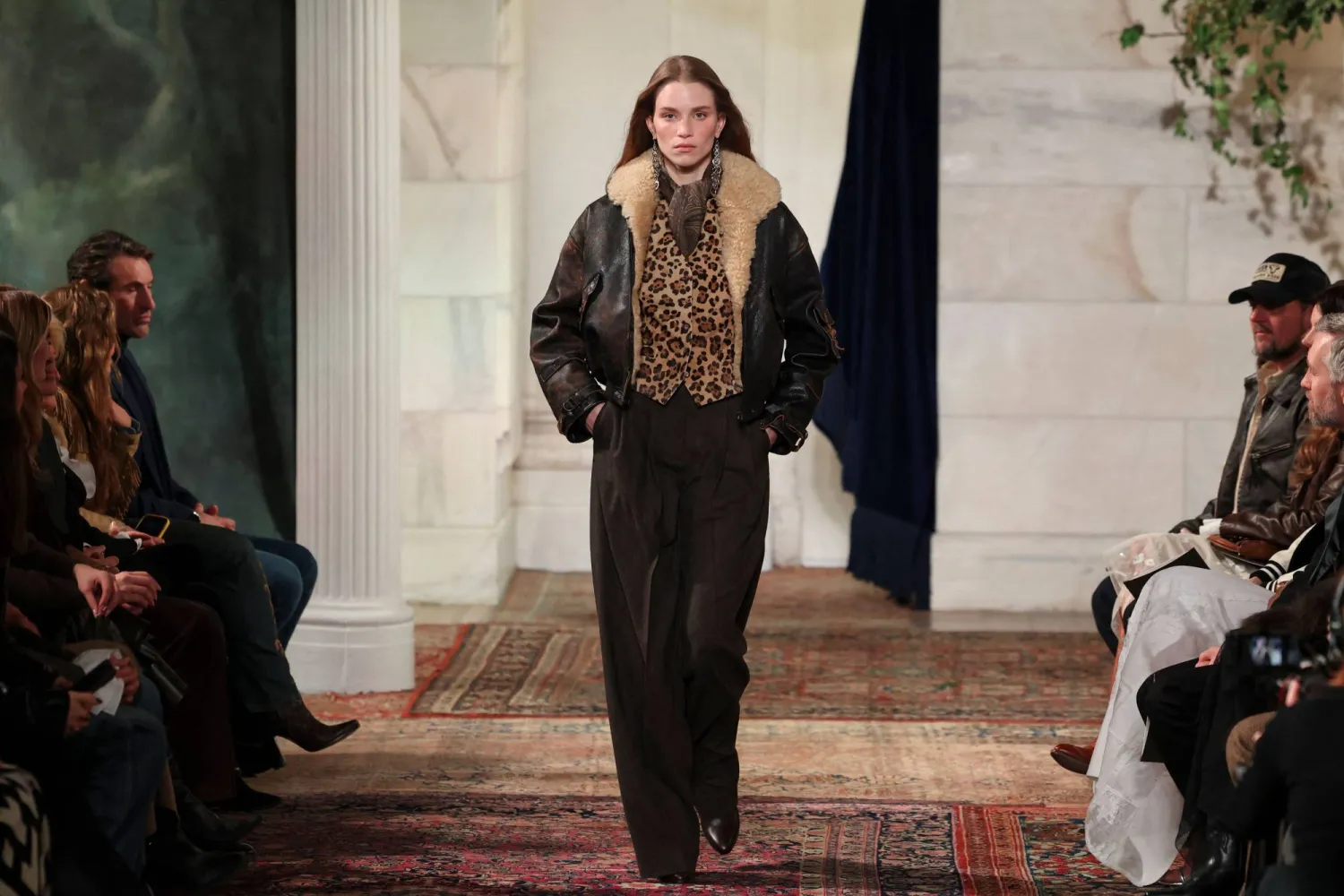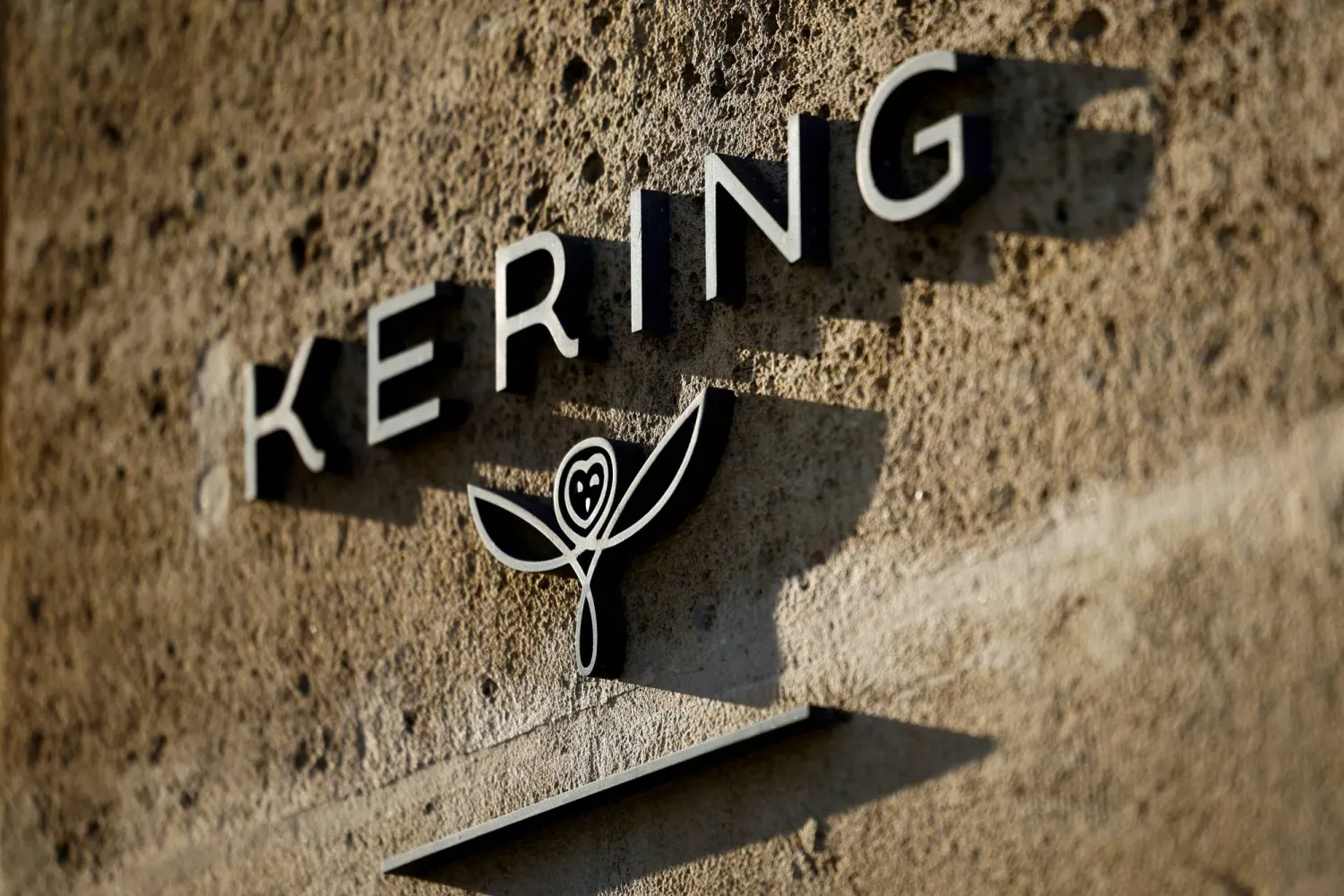Fashion brands with ultra-fast product turnover such as China's Shein should be subject to penalties of up to 50% of their garments' selling price to offset their environmental impact, French ruling-majority MPs have proposed in a new bill.
The MPs say that ultra-fast fashion brands, rather than renewing their collections four times per year like traditional clothing brands, offer thousands of new products per day, inciting excessive spending and unnecessary pollution, Reuters reported.
"This evolution of the apparel sector towards ephemeral fashion, combining increased volumes and low prices, is influencing consumer buying habits by creating buying impulses and a constant need for renewal, which is not without environmental, social and economic consequences," the bill said.
The bill singled out Chinese ready-to-wear company Shein, saying that it on average presents more than 7,200 new garment models a day, and makes more than 470,000 different products available to consumers.
To offset the environmental impact of ultra-fast fashion, the MPs propose penalties of up to 10 euros ($10.86) per item sold, or up to 50% of the selling price, by 2030.
Shein, in a statement to French news agency AFP, said it follows "best international practices in terms of sustainable development and social commitment".
Following discussion in a parliamentary committee, the bill will be presented to parliament in the second half of March.
French Environment Minister Christophe Bechu said in a statement on Monday that following a meeting with industry players, activists and researchers, his ministry plans several measures to reduce fashion's environmental impact.
He said France plans a ban on advertising by ultra-fast fashion companies and the introduction of a financial incentives system to make ultra fast-fashion more expensive while sustainable fashion will become cheaper.
The popularity of fast fashion e-commerce retailers like Shein and Temu has disrupted the retail sector. Shein taps a network of largely China-based suppliers, bucking traditional manufacturing trends by accepting small initial orders, then scaling up based on demand.
The ultra-flexible supply chain has allowed Shein to create a different business model than established fast-fashion players like Zara and H&M, which pioneered shorter production timelines but still largely rely on predicting shoppers' preferences.
France Mulls Penalties to Rein in Ultra-fast Fashion Brands

The ultra-flexible supply chain has allowed Shein to create a different business model than established fast-fashion players like Zara and H&M, which pioneered shorter production timelines but still largely rely on predicting shoppers’ preferences. Reuters pic

France Mulls Penalties to Rein in Ultra-fast Fashion Brands

The ultra-flexible supply chain has allowed Shein to create a different business model than established fast-fashion players like Zara and H&M, which pioneered shorter production timelines but still largely rely on predicting shoppers’ preferences. Reuters pic
لم تشترك بعد
انشئ حساباً خاصاً بك لتحصل على أخبار مخصصة لك ولتتمتع بخاصية حفظ المقالات وتتلقى نشراتنا البريدية المتنوعة







